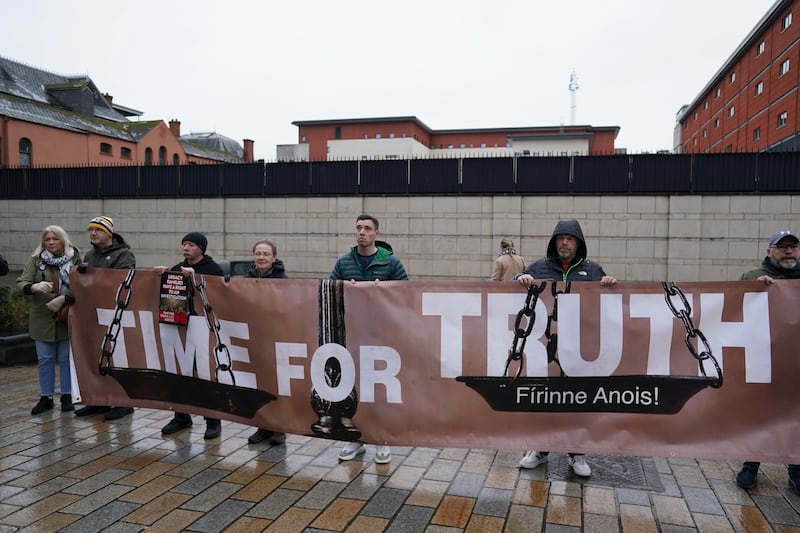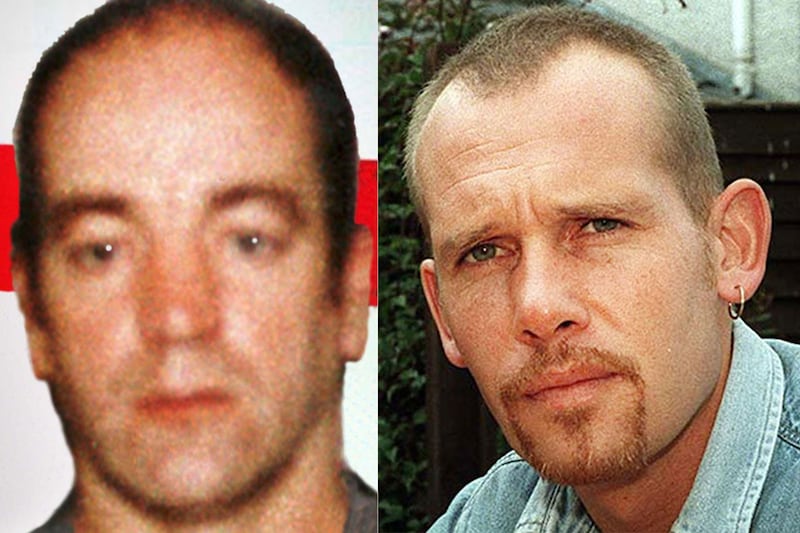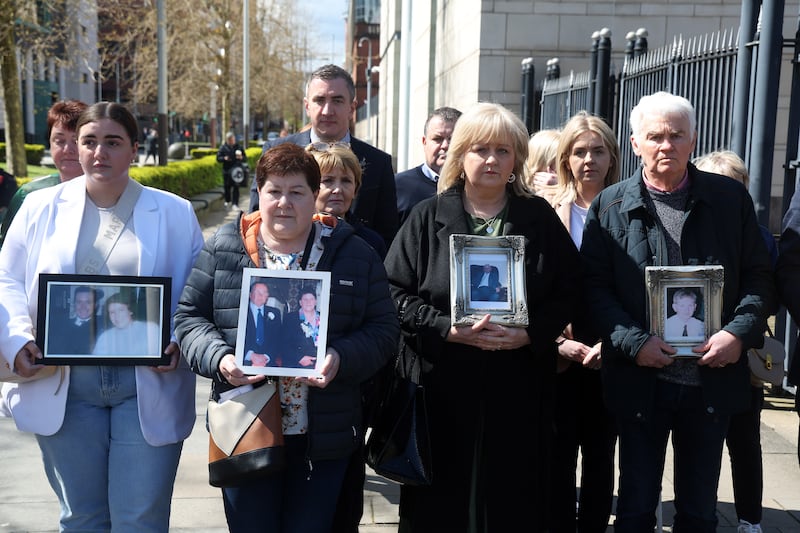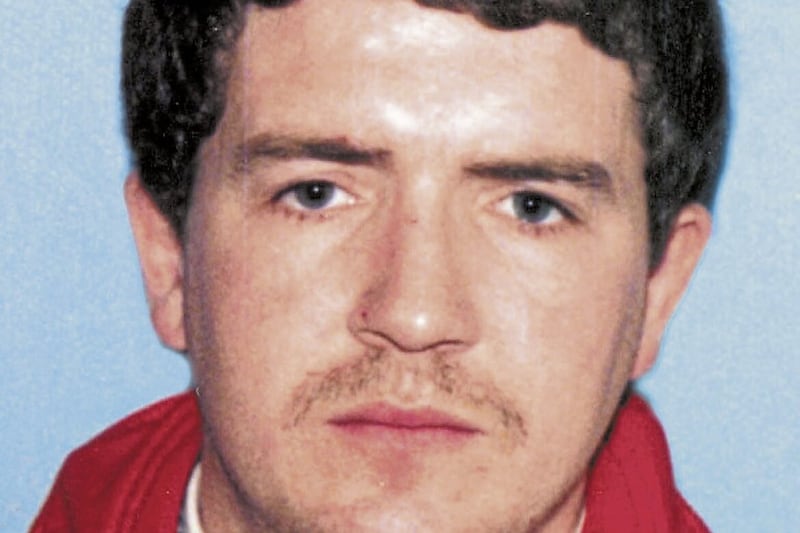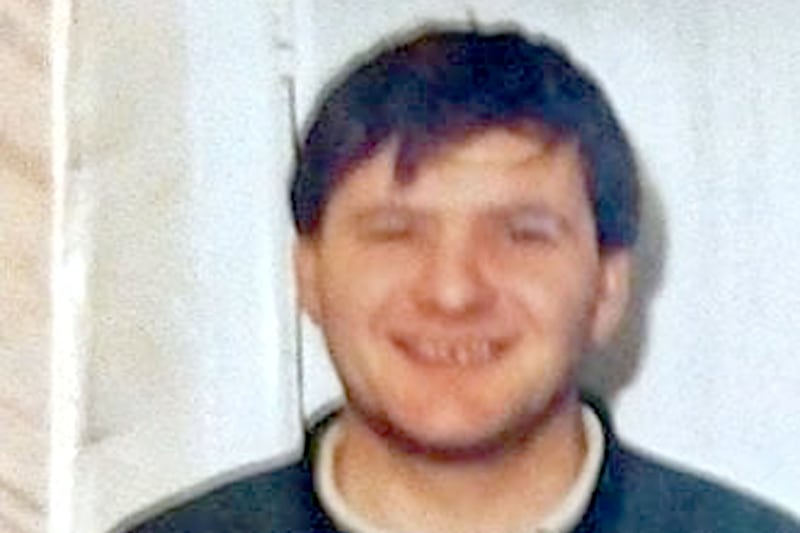THE murder of the father of comedian Patrick Kielty in 1988 and nationalist attitudes to the UDR feature in previously confidential files.
The killing of Jack Kielty in Dundrum, Co Down is covered in a memo from Miss S Johnston of the law and order division of the NIO, dated January 24, 1989, listing various court cases involving members of the regiment.
The official refers to the charging of seven men from 9 UDR with possession of firearms and membership of a proscribed organisation in 1984, a guilty plea to the kidnapping of the wife of an Armagh businessman in 1985, a murder charge in Enniskillen in the same year, and the arrest of two UDR men for attacking and imprisoning a 17-year-old youth, also in 1985.
It is noted that all the men were off-duty when the alleged offences occurred.
Three years later, Peter Bell, a senior official at the NIO, referred to "the favourable impact UDR successes can have, especially on the nationalist community" and the importance of publicising them.
Referring to the Dundrum murder, he added: "Such work is, perhaps, all the more timely (in light of) the connection of a former (UDR) member for the murder of Mr Jack Kielty".
Mr Kielty, who was well known in Co Down GAA circles, was to be the prime witness in Central Television's defence of a libel action brought by UDA extortionist Jim Craig, who was said to have ordered his death.
The issue of the regiment’s image was discussed by Secretary of State Tom King at a conference with ministers and officials on April 5 1989.
Mr King said examples of the UDR defending the community should be used to obtain the maximum favourable impact amongst nationalists.
However, an NIO official, John McConnell, said the UDR's image in the nationalist community was not improving.
"Many Catholics, who are not in any sense republican, claim to have experienced UDR harassment while a recent NIO briefing of junior UDR officers had revealed an element of sectarian feeling."
The UDR Commander, Brigadier Ritchie, was said to be fully aware of the problem.
The minutes record: "Clearly there was a certain sectarian problem in the UDR although the secretary of state believed it was not large scale."
That the issue of sectarian bias in the regiment was acknowledged by its commander is confirmed by a memo to Mr King by John Blelloch of the NIO dated April 6 1989.
He reported a meeting with Brigadier Ritchie at UDR HQ where he raised the issue - favoured by the Irish government under the Anglo-Irish Agreement - of "RUC accompaniment" of the UDR.
The brigadier's reaction, the official noted, "was clear and firm. He welcomed it and saw it as a positive advantage to the UDR".
"He also made it very clear that he was fully aware of the continued potential problem of sectarianism in the UDR and, therefore, the risk of underworld contact between members of the regiment and paramilitary groups".




